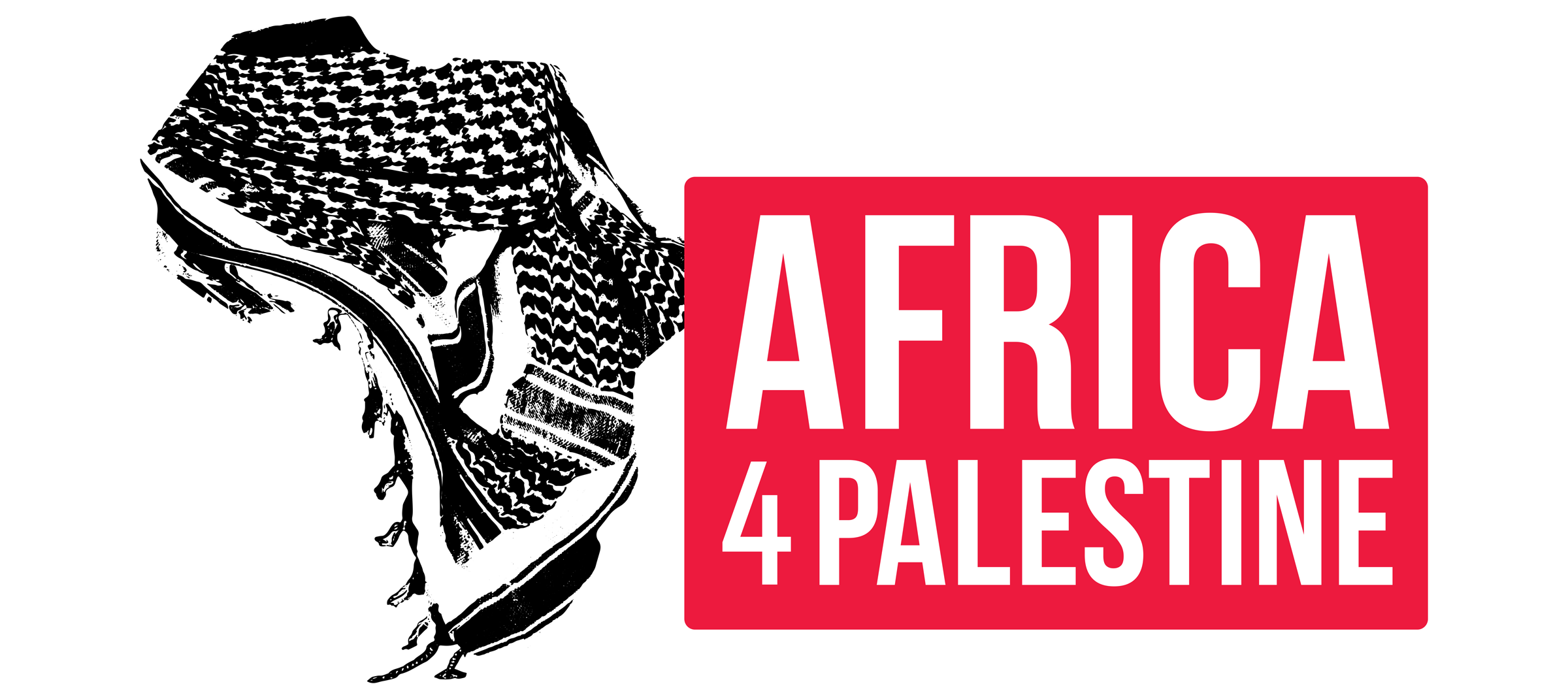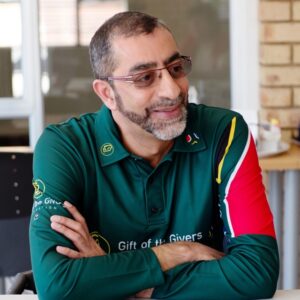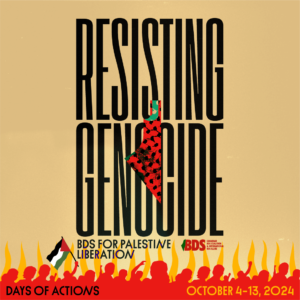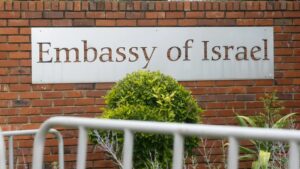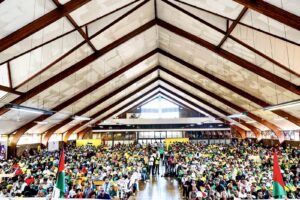To oppose Israel is not anti-Semitic
– Sheila Barsel (Sunday Tribune, 05 March 2017)
I was raised as an Orthodox Jew in Johannesburg. I have deep connections with Palestine / Israel as my father was born in Safed in then Palestina. But this cannot make me blind to the atrocities committed in Israel against a people who are indigenous to that geographical area.
I am opposed to Israel’s Apartheid policies – taking land from people who have lived on it for centuries, denying health care to the ill. I am proud to be associated with the upcoming #IsraeliApartheidWeek campaign.
The 13th international #IsraeliApartheidWeek will take place in South Africa between the 6th and 12th of March. Its an annual campaign to raise awareness of the plight of the Palestinian people and to strengthen support in South Africa for people of Palestine living under Israeli Apartheid. A people who once provided us with military training, financial resources and other forms of solidarity during the darkest days of our struggle.
Through IAW support for the international Boyvott, Divestment and Sanctions (BDS) movement is highlighted and strengthened.
The BDS campaign is rooted in and draws its inspiration from the successful boycott movement of the South African struggle against Apartheid. BDS activists and campaigners are sometimes accused of being anti-Semitic because of their targeting of Israel. This is an absurd accusation.
Being Anti-Apartheid during the Eighties made you anti-white supremacy in South Africa; it did not make you anti-White. Singling out Apartheid South Africa for sanctions in the Eighties did not mean that you had a particular hatred for whites or white South Africans.
Likewise, the accusation is irrational that one is anti-Semitic when one criticizes Israel’s violations of international law and human rights abuses against the indigenous Palestinians.
Further, the accusation “Why target Israel alone” is bizarre. A similar accusation was made by defenders of Apartheid South Africa when they tried to deflect attention from the then Apartheid regime by suggesting “why focus on South Africa when other African countries treat their citizens far worse”.
It is flawed logic, that because you focus on one struggle that you do not care about other issues of concern to human rights and social justice.
The choice of which manifestations of injustice which individuals and groups decide to focus on is really their own to make. Choosing to oppose Swaziland’s monarchy does not make one a Swazi hater, and does not mean that an individual harbours more resentment toward the Swazi government than toward other oppressive regimes. Choosing to focus on issues of gender justice rather than on Black Lives Matter does not make you anti-Men.
The Israeli Apartheid Week campaign is endorsed by over 105 organizations including human rights organizations, trade unions, churches and, importantly, even by progressive Jewish organizations.
In the same way that the end of Apartheid meant the serious possibility for many white racists to become fully human and liberated from their racism, and in the same way that justice for women is the only road to true liberation for men, freedom for Palestinians will also bring about the liberation of many Israelis and Jews from racist thinking and from their fear of the Palestinians.
To describe the Palestine solidarity movement, the BDS campaign, and initiatives like the annual #IsraeliApartheidWeek campaign and its representatives as anti-Semitic is neither accurate nor in the best interests of the struggle against racism, oppression and injustice – or even the struggle against anti-Semitism itself.
This article was originally published in South Africa’s Sunday Tribune newspaper
